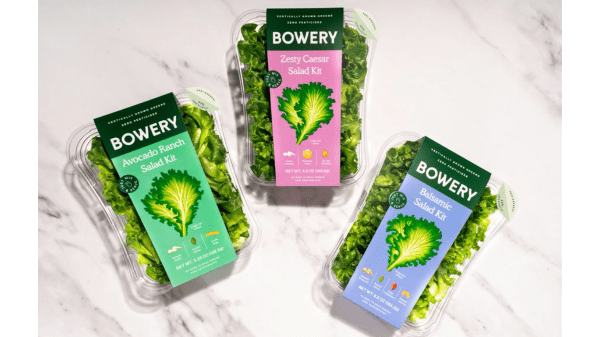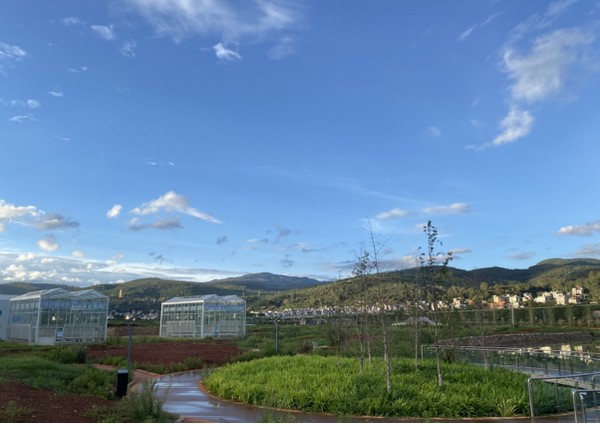Bowery Farming, Inc., one of the biggest names in the vertical farming industry, has closed its doors, ending what was once a promising venture to revolutionize agriculture. At its height, Bowery had raised over $700 million in venture capital, garnered high-profile endorsements from celebrities like Justin Timberlake, Natalie Portman, and Lewis Hamilton, and was valued at $2.3 billion. The company supplied more than 1,000 grocery stores, including major chains such as Walmart, Amazon Fresh, Whole Foods Market, and regional grocers like Giant Food and Wakefern. However, the once-thriving indoor farming enterprise has now ceased operations and laid off all employees across its facilities.
The Rise of Bowery Farming
Founded in New York, Bowery Farming used cutting-edge technology to grow pesticide-free leafy greens, herbs, and berries in controlled environments. The farms operated without soil, relying on energy-efficient LED lighting and advanced data analytics to manage water and nutrient delivery. Bowery’s methods reduced water consumption by 95% compared to traditional farming and promised local, year-round produce free from contaminants and long supply chains.
The company expanded rapidly, with farms in Bethlehem, Pennsylvania, and Nottingham, Maryland. By 2023, Bowery had supplied fresh produce to over 1,000 retailers, leveraging the urban proximity of its facilities to reduce transportation emissions and ensure fresher products for consumers.
Financial Struggles and Challenges
Despite the initial promise, the financial foundation of Bowery began to falter. The indoor farming industry is notoriously capital-intensive, requiring significant upfront investment for construction, LED lighting, climate control systems, and water management technology. Rising energy costs further strained budgets, and Bowery, like many of its peers, found it difficult to balance the high operational expenses with the need for affordability in a competitive produce market.
In 2023, the company faced multiple challenges, including rounds of layoffs and delays in planned expansions. Despite raising $94 million in October 2023 at a reduced valuation of $944 million, Bowery couldn’t escape its financial woes. Reports indicated that creditors had marked down the value of their loans to the company, signaling a lack of confidence in its future. Bowery entered a downward spiral, unable to secure the necessary financing to stay afloat, despite having a wide retail distribution network.
Industry Implications
The downfall of Bowery Farming raises questions about the viability of large-scale vertical farming. While the concept of producing food in urban environments and minimizing environmental impact remains attractive, financial sustainability continues to be a challenge. The vertical farming sector has faced mounting pressures as venture capital dries up, and investors become increasingly cautious amid a fluctuating economy.
One of the main hurdles is the high cost of energy, especially for artificial lighting and climate control. As energy prices have risen, the cost-effectiveness of indoor farming has been put into question. Additionally, while consumers are interested in sustainable food options, they may not be willing to pay the premium prices needed to cover the operational costs of indoor farms.
The closure of Bowery Farming serves as a wake-up call for the vertical farming industry. It underscores the need for a more sustainable financial model and perhaps a greater focus on technological advancements that can further reduce costs. Innovations in renewable energy integration, improved LED lighting efficiency, and optimized crop selection may be crucial for the future of indoor farming. The sector still holds promise, but Bowery’s fate highlights the risks and the importance of financial prudence in scaling such ventures.











